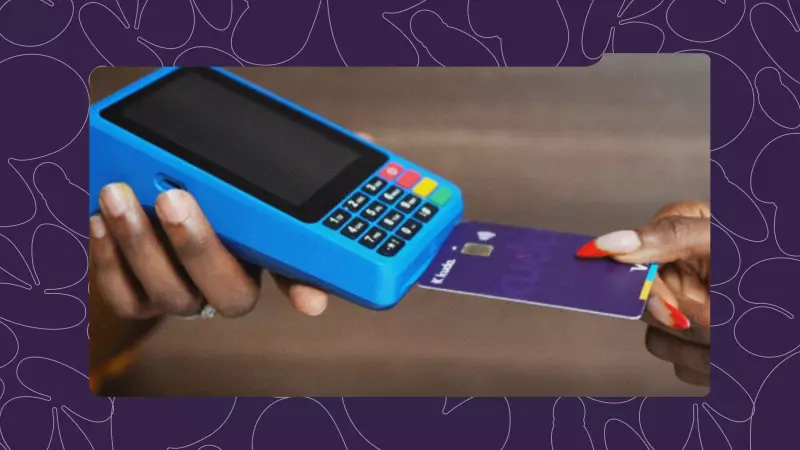
Nigeria's journey toward a cashless society is gaining remarkable momentum, and at the heart of this transformation are the ubiquitous Point of Sale (POS) terminals that have become everyday fixtures across markets, streets, and neighborhoods.
The Digital Payment Revolution on Every Corner
What began as a banking industry initiative has evolved into a grassroots movement that's changing how Nigerians transact. From bustling urban centers to remote rural communities, POS terminals are bridging the gap between formal banking and everyday commerce.
The numbers tell a compelling story: Recent data reveals explosive growth in POS transactions, with millions of Nigerians now relying on these devices for daily financial activities that range from bill payments to money transfers and retail purchases.
More Than Payments: An Economic Empowerment Tool
Beyond convenience, POS terminals are creating significant economic opportunities. Thousands of small business owners and entrepreneurs have established POS operations, generating income while providing essential financial services to their communities.
"The POS business has become a lifeline for many families," explains financial analyst Adebayo Johnson. "It's not just about transactions; it's about creating sustainable livelihoods and bringing financial services to the last mile."
Driving Financial Inclusion Forward
The impact on financial inclusion has been profound. POS terminals have become the first touchpoint with formal financial services for many Nigerians who previously operated entirely in cash. This accessibility is crucial for a country where traditional banking infrastructure hasn't reached everyone equally.
- Accessibility: Available in locations where banks don't operate
- Affordability: Lower transaction costs compared to traditional banking
- Convenience: Extended hours and immediate service
- Trust: Growing comfort with digital transactions
Challenges and Opportunities Ahead
Despite the success, challenges remain. Network connectivity issues, power supply constraints, and security concerns require ongoing attention. However, industry stakeholders are optimistic about the continued growth and evolution of POS services.
The future looks promising as technology improves and more Nigerians embrace digital payments. With continued innovation and supportive policies, POS terminals are set to play an even larger role in Nigeria's economic landscape.
As one POS operator in Lagos put it: "We're not just running businesses; we're helping build a modern Nigeria, one transaction at a time."





